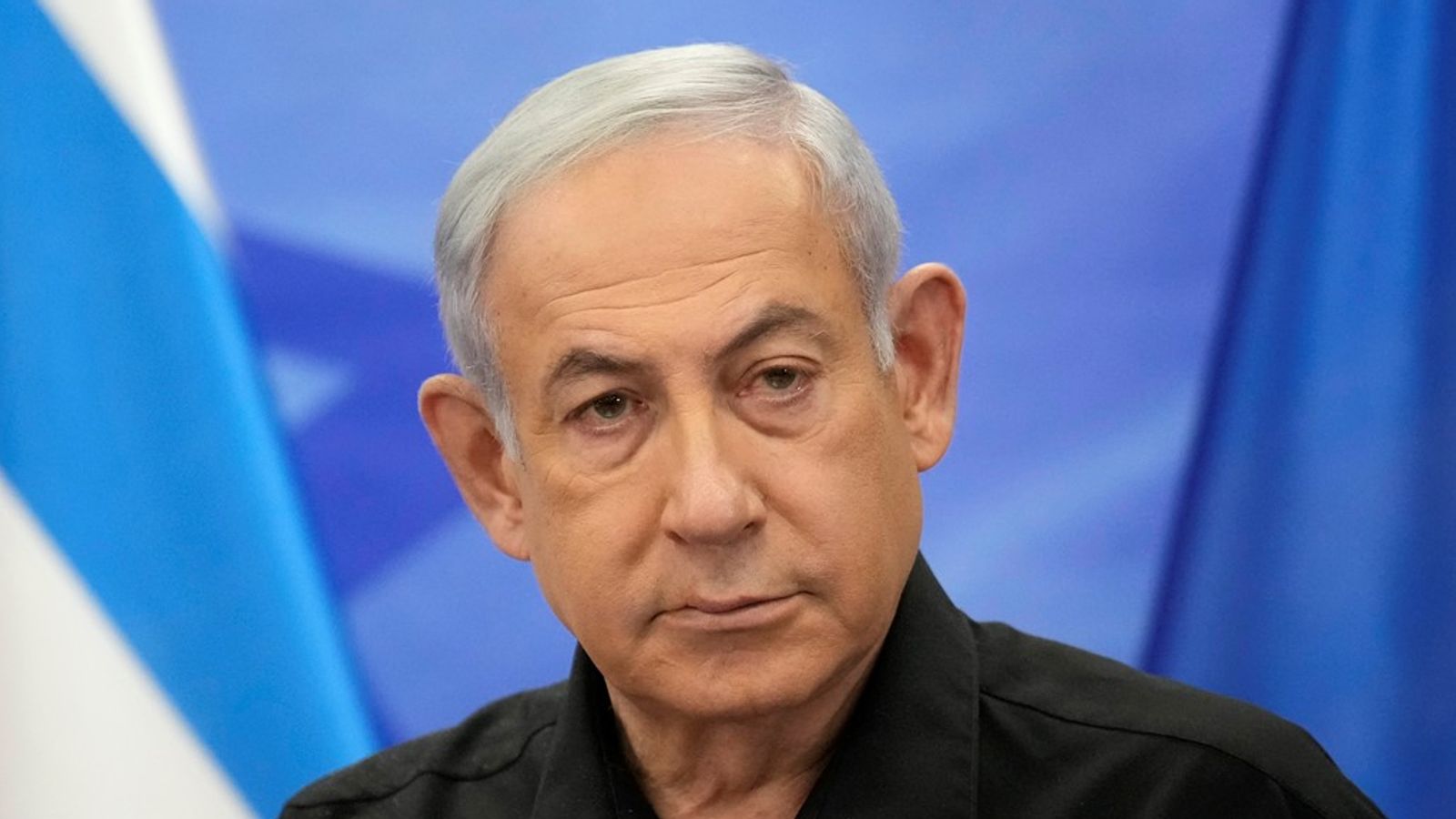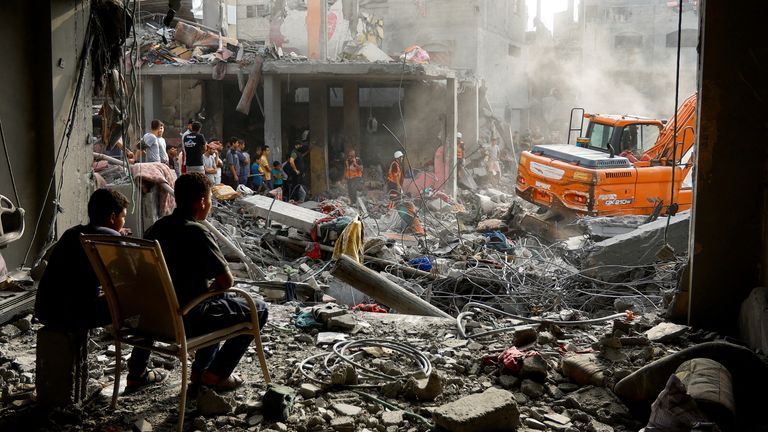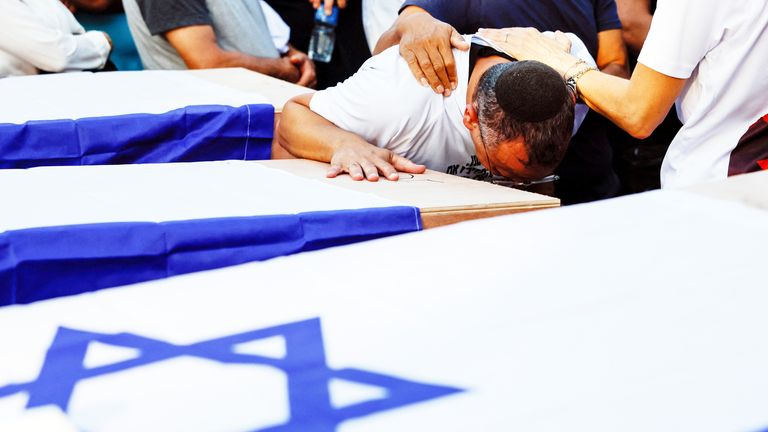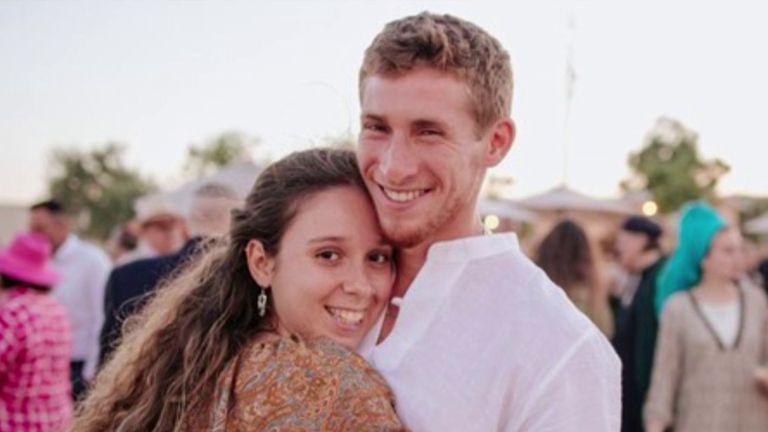Israel Prime Minister Benjamin Netanyahu said he will have to “answer for what happened” on 7 October as he addressed the nation.
Mr Netanyahu also vowed to “rain hellfire” on Hamas in a televised address but declined to provide any details on when a ground invasion may begin.
Hamas fighters killed at least 1,400 people in a surprise attack on southern Israel and took hundreds hostage earlier this month.
Mr Netanyahu said the decision on when forces would go in to Gaza would be taken by the government’s special war cabinet.
“All Hamas militants are doomed,” he said, adding people are working “around the clock”.
Israel-Gaza latest: Lebanon and Syria warned of ‘damning strikes’
“I want to make it very clear, the timing of the operation of the IDF is unanimously determined by the cabinet that runs the war along with the chief of the general staff,” he added.
“We work in order to secure the best optimal conditions for their next operations.”
Calling on Israelis, he urged them “not to forget for one moment” those who have been killed in the Hamas attacks.
“It is like shoving thousands of arrows into our heart which is bleeding,” he said, adding there will be a national day of mourning set aside to remember the victims.
He also continued to urge people to evacuate to the south of Gaza and said the country is helping citizens “to get their own personal weapons in a controlled way”.
“My role is to lead this country and its people to all-out victory of over our enemies,” he said.
“Together we shall fight and together we will win.”
Meanwhile, a third of hospitals in Gaza and nearly two-thirds of primary health care clinics have had to shut due to damage or lack of fuel, the United Nations (UN) has said.
The UN agency for Palestinian refugees (UNRWA) warned it would have to halt operations on Wednesday night due to dwindling fuel supplies.
Read more:
IDF urges world to help Israel as enemies hold talks
Hezbollah faces huge risks if it joins war against Israel
A lack of resources and masses of wounded have made hospital treatment difficult as Israeli jets continue to strike the territory, where 2.3 million people live.
Tom White, director of the UNRWA, said the “main concern” is that Gaza will run out of fuel.
“We really need to find a solution to the fuel situation, otherwise our aid operation will come to a stop. People will not have access to clean drinking water and hospitals will be closing,” he told CNN.
“Even if convoys come into Gaza, we won’t have the fuel in our trucks to collect and distribute that aid.”
Following a blockade of aid, Israel has allowed a small number of trucks to cross the border from Egypt into Gaza but continued to bar fuel – needed to power hospital generators – to prevent Hamas from seizing it.
Another 20 trucks crossed the Rafah border late on Tuesday, but UN agencies said more than 20 times as much aid was needed for the population.



